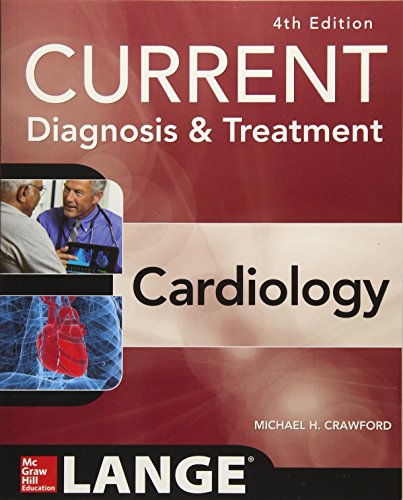Refining Beauty: Advanced Plastic Surgery Techniques

Refining Beauty: Advanced Plastic Surgery Techniques
Plastic surgery techniques have witnessed remarkable advancements, providing individuals with sophisticated options for refining and enhancing their appearance. From minimally invasive procedures to innovative surgical techniques, the realm of plastic surgery continues to evolve, offering a diverse array of possibilities for those seeking aesthetic transformations.
The Evolution of Minimally Invasive Procedures
One significant trend in plastic surgery involves the rise of minimally invasive procedures. These techniques, such as Botox injections, dermal fillers, and laser treatments, provide non-surgical solutions for facial rejuvenation and contouring. The appeal of these procedures lies in their minimal downtime, quick results, and the ability to address specific concerns without undergoing extensive surgery.
Innovative Surgical Approaches for Facial Harmony
Facial plastic surgery has seen groundbreaking innovations in recent years. Techniques like fat grafting, which involves transferring a patient’s own fat to areas of the face for volume restoration, contribute to more natural-looking results. Advanced facelift and eyelid surgery methods aim to create facial harmony by addressing multiple aspects of aging, from sagging skin to loss of facial volume.
Body Contouring Excellence through Surgical Precision
Advancements in body contouring procedures have revolutionized the field of plastic surgery. High-definition liposuction and body sculpting techniques allow surgeons to precisely target and sculpt specific areas, providing patients with more refined and customized results. These procedures are particularly popular among individuals seeking to enhance their physique and achieve a more sculpted appearance.
The Integration of Technology in Plastic Surgery
Technology plays a pivotal role in modern plastic surgery. 3D imaging systems enable surgeons to simulate potential outcomes, offering patients a visual representation of their desired results. Additionally, advancements like robotic-assisted surgery enhance precision and reduce recovery times, contributing to the overall safety and efficacy of plastic surgery procedures.
Natural-Looking Breast Augmentation Innovations
Breast augmentation techniques have evolved to prioritize natural-looking results. From the use of anatomically shaped implants to fat transfer procedures, plastic surgeons strive to enhance breast aesthetics while maintaining proportion and symmetry. Patient consultations now involve detailed discussions on implant types, incision options, and the most suitable approach for individual preferences.
Customized Approaches for Ethnic Diversity
Recognizing and celebrating ethnic diversity is a crucial aspect of modern plastic surgery. Surgeons now tailor their approaches to account for varying aesthetic ideals among different ethnicities. This inclusive mindset ensures that individuals from diverse backgrounds receive personalized and culturally sensitive care, emphasizing the importance of individual beauty standards.
Combining Procedures for Comprehensive Transformations
Patients increasingly seek comprehensive transformations by combining multiple procedures. The concept of the “mommy makeover,” for example, integrates procedures like tummy tucks, breast lifts, and liposuction to address post-pregnancy body changes. Customized treatment plans consider the synergistic effects of combining procedures to achieve harmonious results.
To explore more about advanced plastic surgery techniques, visit Plastic Surgery Techniques. The dynamic landscape of plastic surgery offers a spectrum of possibilities for individuals seeking aesthetic refinement. From minimally invasive options to innovative surgical approaches, the world of plastic surgery continues to evolve, empowering individuals to redefine









